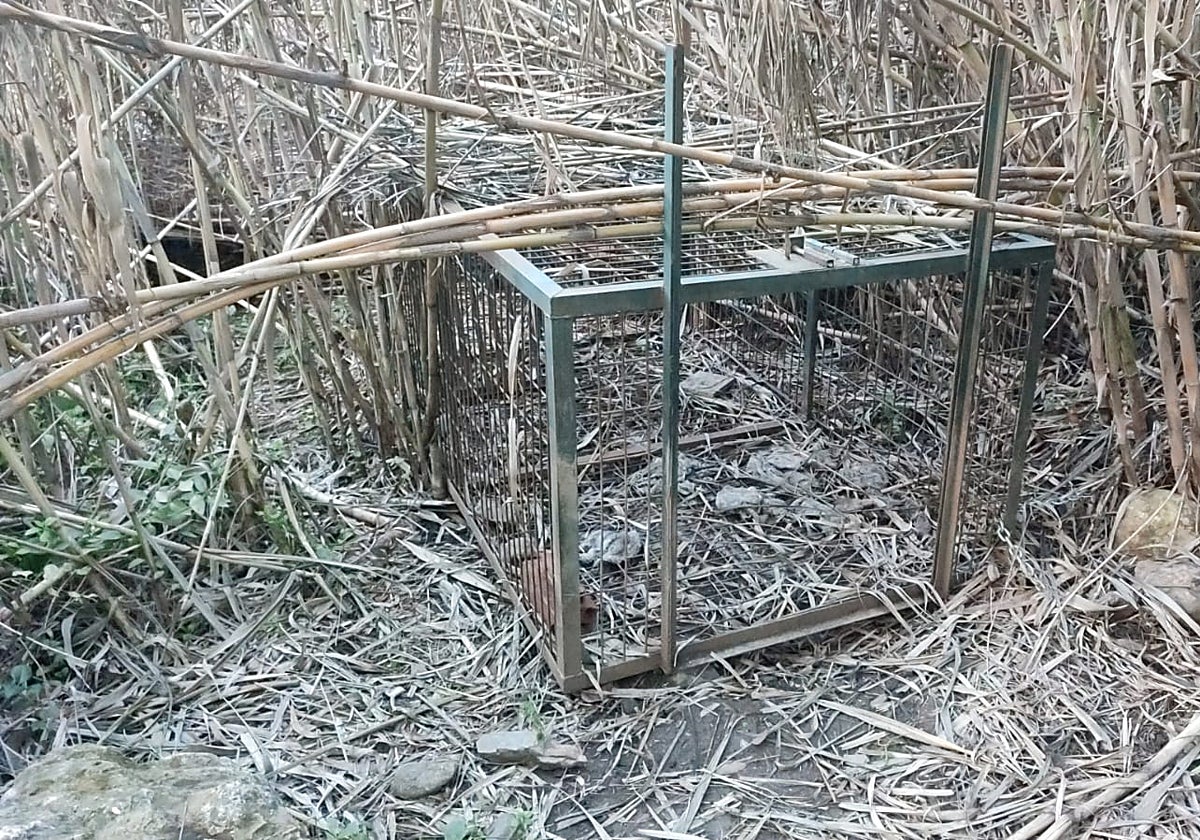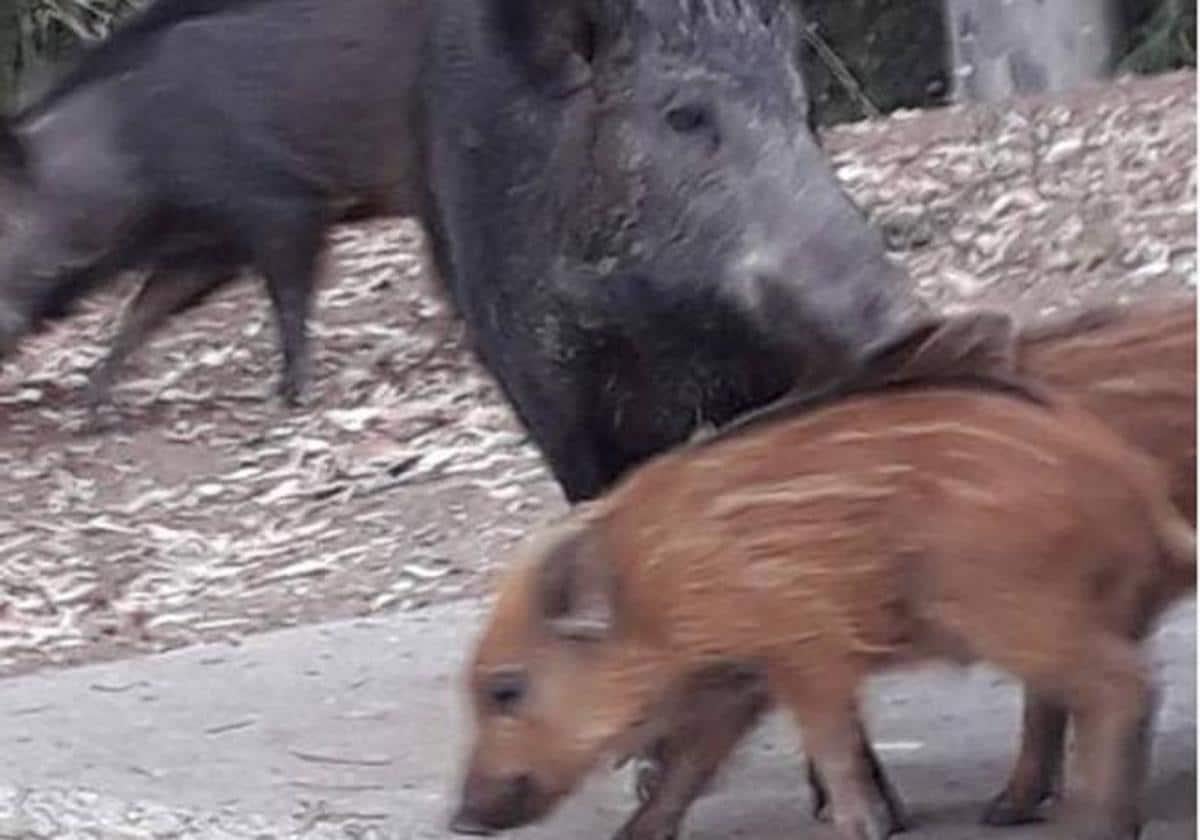Council plans to trap and kill problematic wild boar on the Costa del Sol
Drought and development have resulted in the feral pigs venturing down from the mountains into population centres, but animal welfare groups have suggested alternative solutions to the culling
Mijas council will use traps to control the population of wild boars which is increasing along the Costa del Sol.
Town hall used the service for a few months last year and has put out a new contract to tender. Four companies have already shown their interest, with the service costing 150,000 euros for the first year. The contract can then be extended for three years, with a budget of 100,000 euros for each year, according to councillor Marco Cortés.
However, it is difficult to fix an exact figure, as the tender specifications state that the company will be paid per animal - a price will be set for each animal that is caught and then slaughtered.

Zoom

"At the moment the Junta de Andalucía is giving us two solutions to a problem that is already widespread: the installation of traps at strategic points or hunting with archers. We have avoided the archers and have opted for this option to try to control the population of an invasive species that is growing exponentially, as each year they are capable of multiplying by three or four," Cortés said.
The traps will be installed in Calahonda, in Arroyo de la Cala, by the old Club La Costa or on the Carretera de Mijas, among other places. All of these are areas where wild boars are common and, according to town hall, are causing serious problems with their almost daily transit through the urban areas in search of food.
"The Local Police are receiving numerous alerts, there are residents who are even afraid to take out the rubbish at night. They are animals that have no veterinary control, that get into any place, including children's areas, that defecate and that can transmit diseases," Cortés said.
They also cause damage and can pose a risk to drivers. "They stick to the service lanes of the A-7 and are a serious danger to road safety if they invade the carriageway; they recently caused an accident on the A-7," Cortés added.
The town hall said it is a widespread issue in many municipalities and needs help to tackle the problem from other administrations such as the Diputación or the Junta de Andalucía.
Chemical castration
However, some have warned the traps are only a "sticking plaster" fix and not a solution to the problem. SOS Cerditos president Lisa Amado Ferguson said the association has been analysing this long-standing problem for four years, and said authorities "have not looked for a solution until the last minute and are thinking in the short term".
She proposed another alternative to catching boars, which she believes can be much more effective as it is already being applied in other countries and in other regions of Spain, such as Catalonia, with good results. This is chemical castration.
"The technique consists of controlling groups of 100 feral pigs. Some, those that the professionals consider necessary, are eliminated by euthanasia, and others, the smaller ones, are castrated and fitted with an ear tag, which becomes an indication that the animal has been castrated and vaccinated," added Amado, who pointed out that castrated animals become more tame and move around less, which can help to control urban populations.
"We are aware that some of them will have to be culled, but it seems to us to be a much more realistic solution than trapping, which only makes the species more endangered and even more likely to reproduce. We already had traps last year and it is clear that this has not improved the problem at all," the president said.
Through this organisation, the council asked for a budget from the researchers who are carrying out the chemical castration technique in Barcelona. "We know that they have given them a budget for castration, vaccination, ear tags and the slaughter of a population of 100 animals, which does not exceed 100,000 euros," Lisa Amado said. Meanwhile, the trapping system, where the price is paid for each animal slaughtered, is well over 1,000 euros per animal.
Install more drinking fountains
Another proposed measure is creating more drinking troughs in the mountains so the animals, given the current drought, are not forced to go down to urban areas in search of water and food. "There are several water troughs in the mountains and this winter we will install more, but it is not a solution to the proliferation of this species," Cortés said. He also appealed to residents not to feed the animals as that only adds to the problem.

